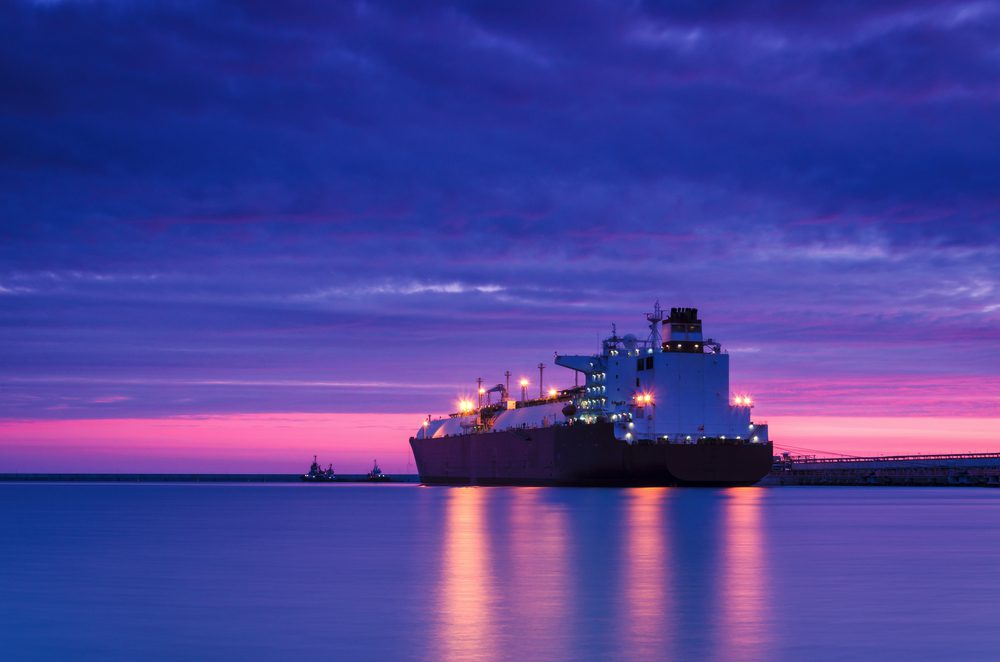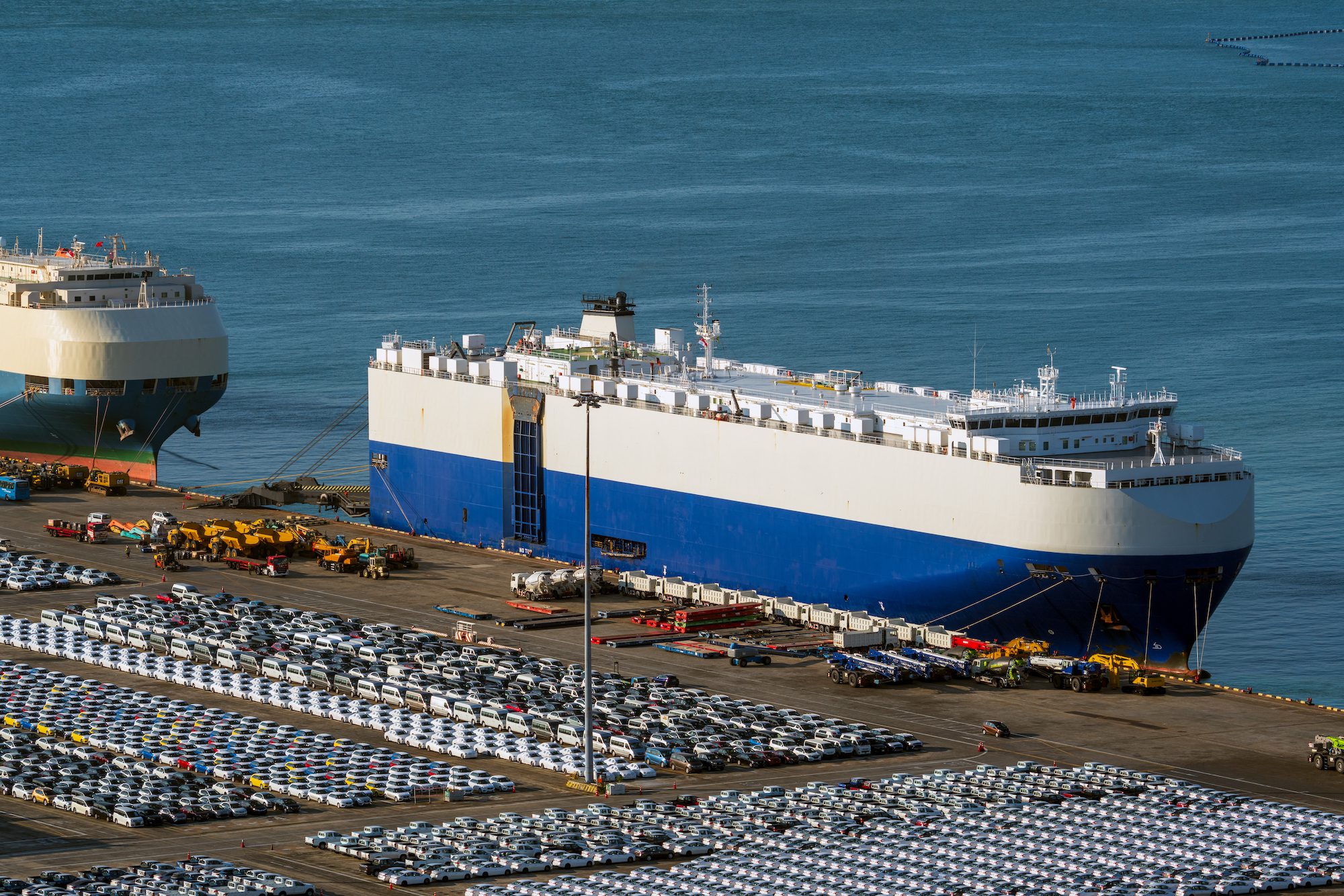Nearly 100 representatives from across the maritime industry met in Copenhagen this week to formulate an action plan for decarbonizing the shipping sector.
The meeting was organized by the The Getting to Zero Coalition, a partnership between the Global Maritime Forum and World Economic Forum. The coalition is seeking to have commercially viable zero-emission vessels operating along deep-sea trade routes by 2030, supported by the necessary infrastructure for scalable net zero-carbon energy sources including production, distribution, storage, and bunkering. Its broader strategy is seeking full decarbonization by 2050, part of its “Strategy for the Transition to Zero-Emission Shipping.”
Announced at the UN Climate Action Summit in New York in 2019, the Getting to Zero Coalition now counts more than 200 member organizations within the maritime, energy, infrastructure, and finance sectors, supported by key governments and IGOs.
“Since the Coalition’s establishment in 2019, we have come a long way together on our journey to decarbonize international shipping,” says Johannah Christensen, CEO of the Global Maritime Forum. “During this workshop, it was clear that the members of the Coalition want to go further and faster. The action plan that we developed together details out the steps we need to take collectively to reach our shared goal.”
Participants of the this week’s workshop focused on the combination and acceleration of four change levers: technology on land and on board, mobilizing demand, financing, and policy.
“The transition to full decarbonization by 2050 is possible, but countries and companies with potential to support and deploy zero-emission shipping this decade must increase engagement though more ambitious and concrete steps,” says Domagoj Baresic, Research Associate, University College London (UCL). “Now is the time for bold action. Those facing higher barriers must rapidly adapt and prepare for the upcoming transition.”
In addition to its action focus, the workshop marked the Coalition’s alignment with that of the Call to Action launched in 2021, aiming for full decarbonization of shipping by 2050. To reach that target, the development of industrial scale zero-emission shipping projects and the adoption of policy measures to support the commercial deployment of zero- emission vessels and fuels are needed, making ordering of zero-emission vessels the default choice by 2030.
“Decarbonizing shipping is critical and increasingly urgent to achieving net zero global emissions,” says Keith Dawe, Decarbonisation and Energy Transition Lead, Cargill Ocean Transportation. “With industry alignment on the Call to Action for Shipping Decarbonization, the Getting to Zero Coalition adds further motivation for governments to empower the industry by sending a clear signal committing to full decarbonization.”
“Maritime decarbonization is integral to the achievement of sustainable global supply systems. The Getting to Zero Coalition has demonstrated the importance of leadership and sectoral collaboration, while raising the ambition for sustainable shipping and working towards zero-emission targets focused on just and equitable outcomes,” says Margi Van Gogh, Head of Supply Chain & Transport Industries at The World Economic Forum.
Unlock Exclusive Insights Today!
Join the gCaptain Club for curated content, insider opinions, and vibrant community discussions.

 Join The Club
Join The Club











